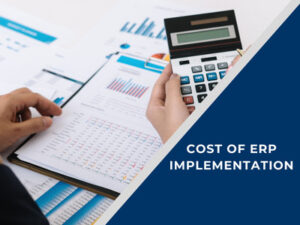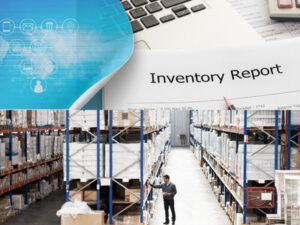Financial Reporting with ERP
Accurate and timely financial reporting is essential for any business to monitor performance, meet compliance requirements, and make informed decisions. However, traditional financial reporting methods can be time-consuming and error-prone. ERP systems simplify this by centralizing financial data and automating reporting processes.
What is the Meaning of Financial Reporting with ERP?
Financial reporting with ERP involves using integrated software to generate comprehensive reports on financial performance. ERP systems consolidate data from various departments, offering a unified view of the organization’s finances. Additionally, ERP solutions provide Key Performance Indicators (KPIs) to track and measure critical financial metrics, ensuring businesses can monitor performance and make informed decisions efficiently.
What Are the Advantages and Disadvantages of Financial Reporting with ERP?
Advantages
1. Real-Time Insights: Immediate access to up-to-date financial data.
2. Automation: Reduces manual errors in financial reporting.
3. Compliance Support: Built-in tools for adhering to regulatory standards.
4. Customizable Reports: Tailored reporting to suit specific business needs.
Disadvantages
1. High Costs: Advanced ERP systems can be expensive.
2. Complexity: Employees require training to use financial reporting tools effectively.
3. Data Migration Challenges: Transferring legacy financial data to ERP can be resource-intensive.
What Are the Benefits of Financial Reporting with ERP?
1. Enhanced Accuracy: Automated calculations reduce errors.
2. Time Savings: Faster report generation allows more focus on strategy.
3. Better Transparency: Provides a clear picture of financial health to stakeholders.
4. Improved Decision-Making: Data-driven insights for strategic planning.
Conclusion
ERP systems make financial reporting more efficient, accurate, and insightful. Businesses leveraging ERP for financial management can enjoy streamlined operations, improved compliance, and enhanced decision-making capabilities.







